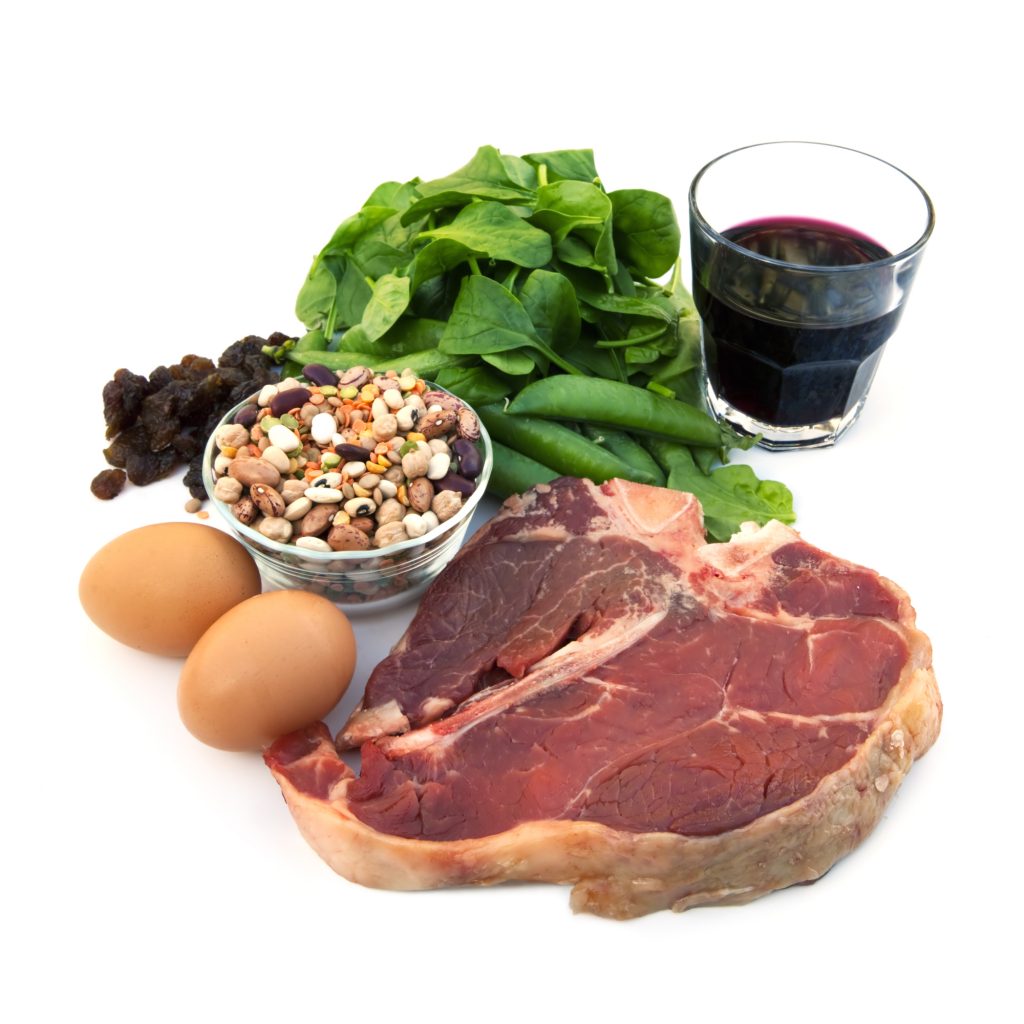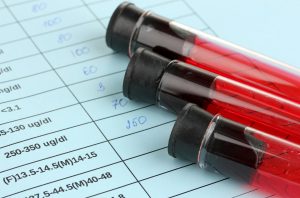
In a recent blog, I spoke about mTOR pathways and their connection to cancer. According to Dr. Mercola’s latest book, Fat for Fuel, limiting protein intake is a natural way to down-regulate the activity of mTOR pathways and thus lower your risk of tumor growth.
But keeping mTOR pathways at bay isn’t the only way that protein restriction can help you reverse cancer. Recent investigations have discovered the link between excess levels of iron caused by high protein consumption and other factors resulting in a higher risk for breast cancer.
What Iron Does in the Body
Iron is a vital component of hemoglobin, found in red blood cells. Iron is essential for the transportation of oxygen from your lungs to the rest of your body; without it, the body becomes oxygen-deficient. Low iron levels have been linked to impaired cognitive function, GI tract disturbances, poor temperature regulation, and autoimmune conditions.
However, excess iron levels are becoming more of a concern for older adults. A 2001 report published in the American Journal of Clinical Nutrition found that 13% of study participants ages 67 to 96 had iron levels that were considered too high, while only 3% showed iron deficiency. At the same time, recent research has begun to develop an understanding of the link between high iron levels and a higher risk for cancer.
The Iron-Protein-Cancer Connection
According to Dr. Mercola, “…(The) research is clear. High iron levels can permanently damage your organs, tissues, and joints. Excess iron levels can also increase your risk of cancer, heart disease, and premature death, and that is just for starters.”
The reason excess iron can be harmful is how it affects the mitochondria, the little batteries in your cells. As Mercola and others explain it, one of the typical byproducts of mitochondrial respiration is hydrogen peroxide (HO) which is a normal part of how the body converts fuel to energy. When iron levels are too high, however, a dangerous process occurs, where healthy hydrogen peroxide is converted into free radicals (HO-), which does serious damage to the body, destroying your mitochondria.
Excess stored iron can also lead to higher amounts of pathogens and inflammatory responses within the body.
Animal-based proteins, especially red meat, pork, and poultry, are a high source of “heme” iron. Eating too much meat can lead to excess iron absorption that the body cannot get rid of on its own. Mercola recommends keeping your protein intake to 1 gram per kilogram of lean body mass, or about 6-10 ounces of protein per 100 pounds of lean body weight, per day.
Do You Have High Iron Levels?
Men and post-menopausal women have a higher risk of excess iron. No matter what

your age or sex, however, the best way to see if you have excess levels is to get a serum ferritin blood test. Ferritin is a protein within cells that stores and releases iron as needed. Studies have shown that longevity increases when ferritin levels are lower than 80-90 nanograms per milliliter. Those with breast and other cancers often have higher than normal serum ferritin levels.
What if you discover that you have high iron levels? Mercola and others state that the easiest way to lose excess iron is to remove blood regularly in small amounts through a simple blood draw. If this is not possible for you, there are ways of lowering your iron intake, which will slowly lower iron levels over time. Here are a few to consider:
-Keep your animal protein consumption low;
-Make sure your supplements don’t have iron “fillers;”
-Avoid processed foods fortified with inorganic iron;
-Avoid cooking in iron pots and pans (especially when cooking with acidic foods, like tomatoes);
-Check the iron levels in your well water;
-Consider downgrading your vitamin C supplementation, since C assists iron absorption;
-Avoid alcohol;
-Exercise regularly;
-Consider periodic fasting.
In addition, consuming certain substances, such as black tea, coffee, red wine, or calcium supplements, along with iron-rich meals can help to curb iron absorption from the food.
While having excess iron in your system can lead to some serious cancer risks, the good news is that iron is easy to detect, remove, and avoid by following the basic protocols mentioned above. Knowing the dangers of excess iron absorption is yet another reason to monitor your protein intake in particular, especially from meat, while you are on your healthy breast journey!


I asked my doctor if checking ferritin levels could be a way to help diagnose breast cancer. She said there was no blood test available to help reach a diagnosis. I never had such a high level before and was totally surprised by my blood test. I thought that was an interesting coincidence with a breast cancer diagnosis. This article confirms my suspicions. I now get my ferritin checked every 6 months plus a yearly breast test. I have always exercised and was on a low carb and high protein diet. So much for trying to be fit and at a normal body weight. When you are fit and at a healthy weight a cancer diagnosis is chocking. Thank you for your articles.
We all should take a step back and look at our health because we all have cancer. The truth about cancer open my eyes & Dr V testimony about her brest cancer and cure if we try to change our diet it could help us all with what we eat & drink so make the first step in trying to have good health. We all spend money on making out side look good but our inside is so sick it is dead and when things start happening to us we run to the ER or our DR, crying with pain we all need to read the label on everything we put in our mouth because that is the problem. Go All Organic to have a good health.❤️❤️❤️????????????